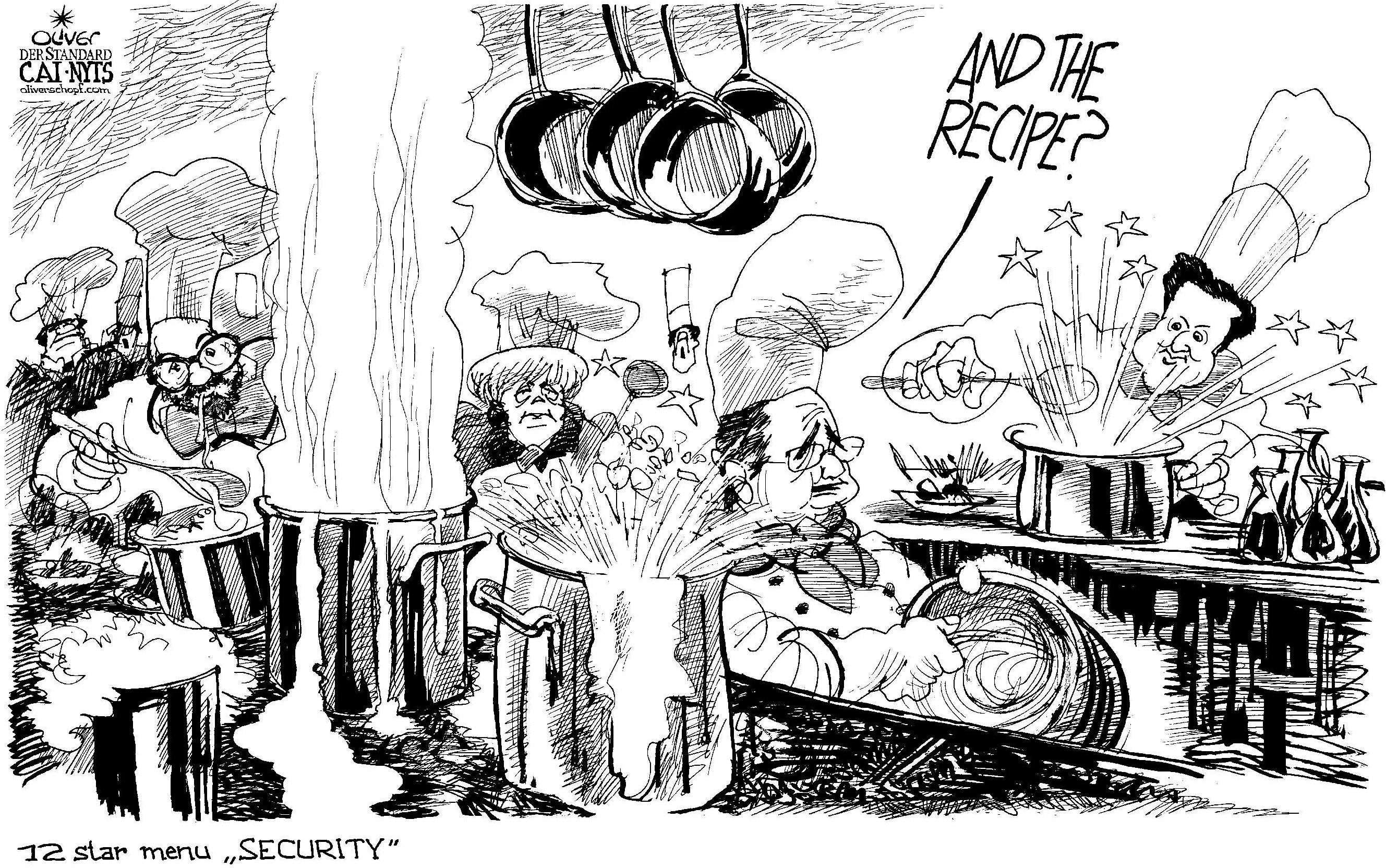During the financial crisis, the eurozone's northern members rescued their southern counterparts by offering huge bailouts and backing the European Central Bank's promise to save the euro at all costs. When Germany recently requested a quota system to cope with the massive influx of refugees, however, its partners showed no such solidarity. And now that France, reeling from the Paris attacks, has declared war on the Islamic State, other European countries are shrugging their shoulders, mumbling condolences and silently hoping that the conflict will spare them.
The implication is clear: Although Europe has made significant progress toward fiscal union, it remains far removed from political union.
A half-century after the foundation of a common market and 15 years after the launch of the common currency, Europe still lacks a united police force and a single foreign policy. Perhaps most problematic, the EU is still home to 28 armies, with 28 commanders in chief, bound together only loosely by NATO.



















With your current subscription plan you can comment on stories. However, before writing your first comment, please create a display name in the Profile section of your subscriber account page.